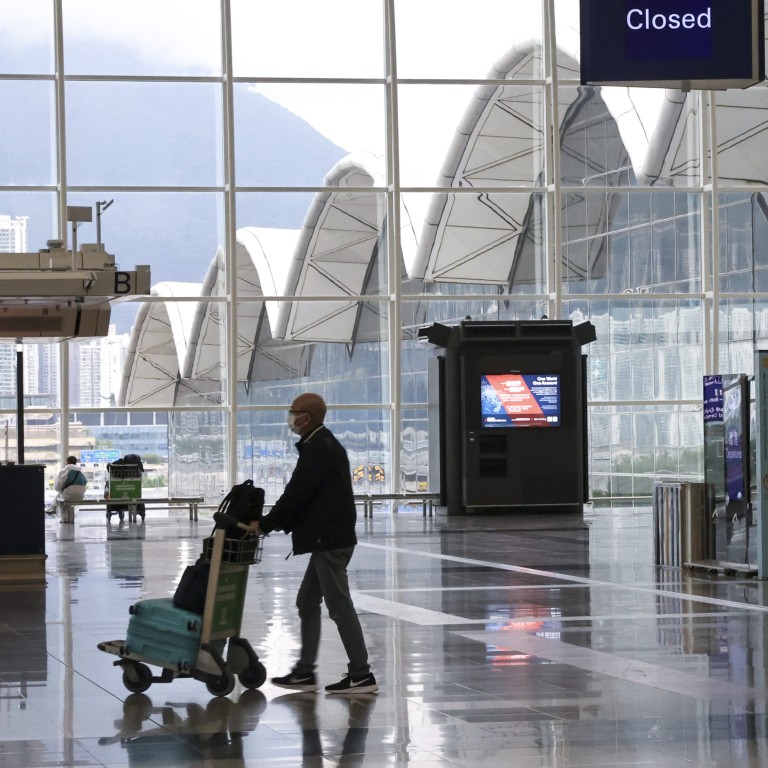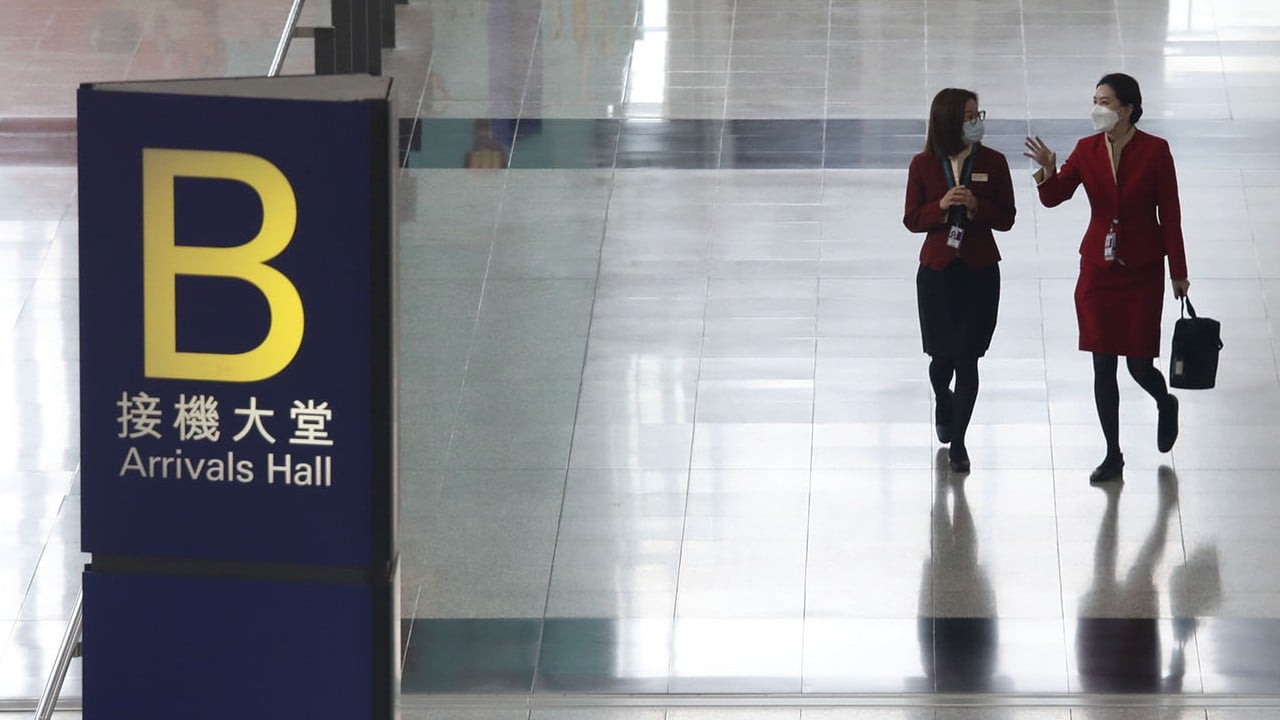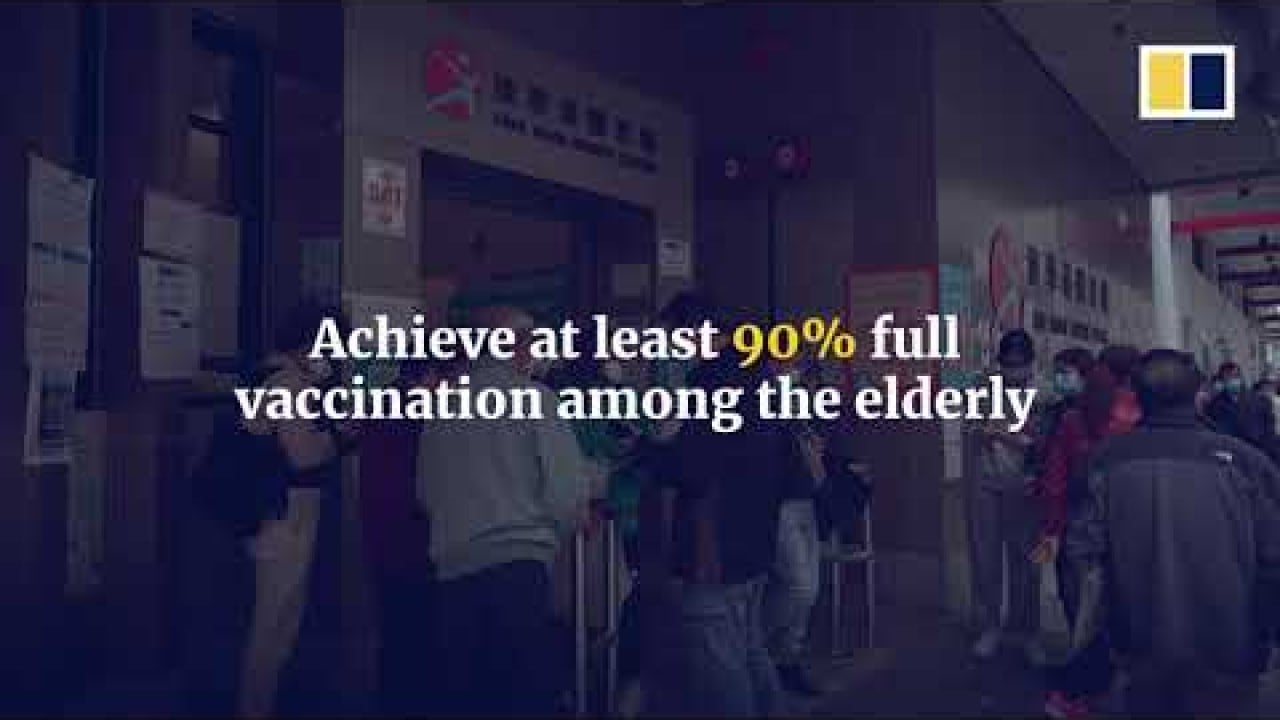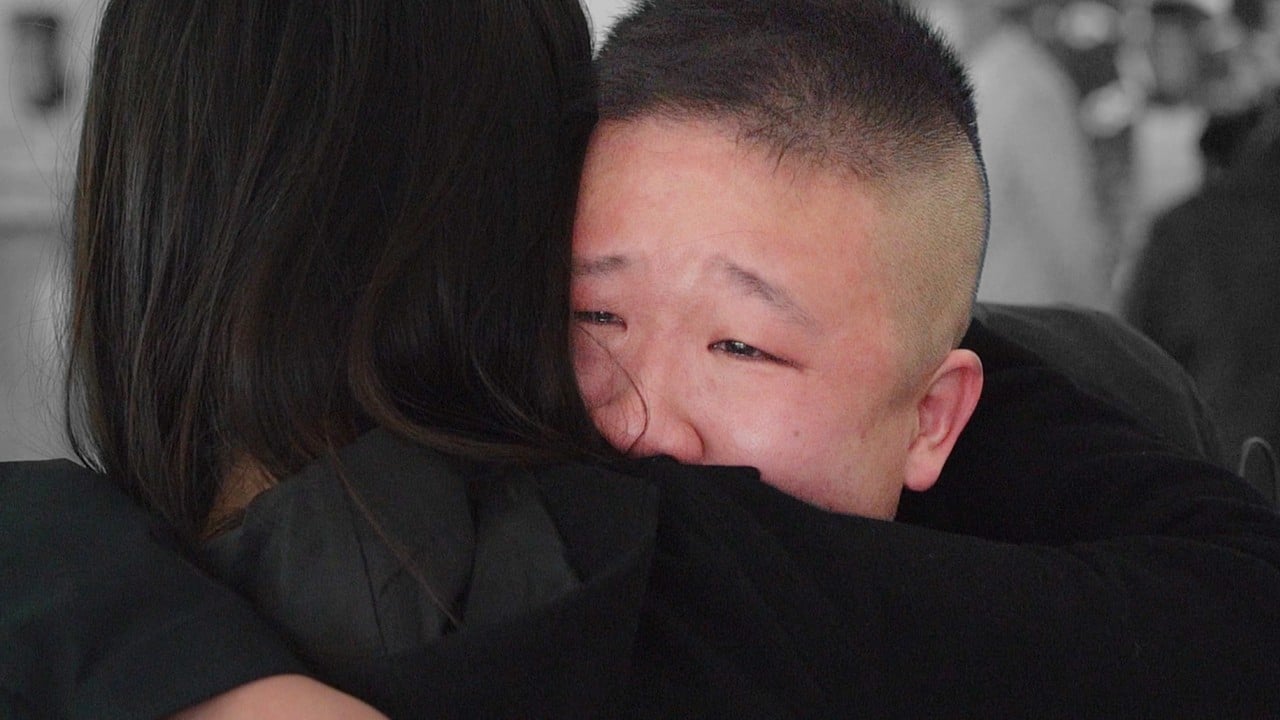
Hong Kong firms seek offshore talent as some expats harried by Covid-19 restrictions eye exits, online recruitment platform says
- A lot of people want to be based in countries with fewer travel restrictions, says CEO of online recruitment platform Glints
- Local technology sector was leading the search for remote workers
“A lot of people working in Hong Kong are looking to … be based in countries where there are fewer travel restrictions,” said Oswald Yeo, CEO and co-founder of Singapore-based Glints. The platform provides matching services for Southeast Asian companies looking for professionals for remote work. Its clients in Hong Kong increased by 75 per cent between 2019 and 2021.
About 70 per cent of offshore talent hired by Hong Kong companies through Glints last year came from Indonesia, 25 per cent from Vietnam and the rest from across regional hubs such as Taiwan and the Philippines.
The local technology sector was leading the search for remote workers, Yeo said. “More companies are planning digital transformations, but there’s not enough supply of [technology] talent, which is why a lot of companies are looking beyond their own shores and tapping remote and offshore hiring,” he added.
Offshore hiring could also save costs, while fulfilling increasing expectations among workers of flexible work arrangements. “Now that everyone is working from home anyway, it doesn’t matter if they are not in the same office, and the pandemic has accelerated that trend,” Yeo said.
“If we’d like to attract or retain expatriate talent, be it from the mainland or overseas, we must clarify our competitive advantages, given that they may already have reasonable jobs in other well-respected economies,” he said.
Chong, however, believes it was a temporary phenomenon that will improve as infections are curtailed and rules are relaxed. “Hong Kong is a free-market economy, where salaries are at international standards,” he said. “Once the borders are completely reopened, the void can be easily filled.”
The shortage of talent can also be solved by allowing more mainland Chinese to move to the city. “We don’t lack people,” Chong said. “We still have policies limiting the number of mainland professionals who can work in the city – they can quickly fill the [empty] positions.”





